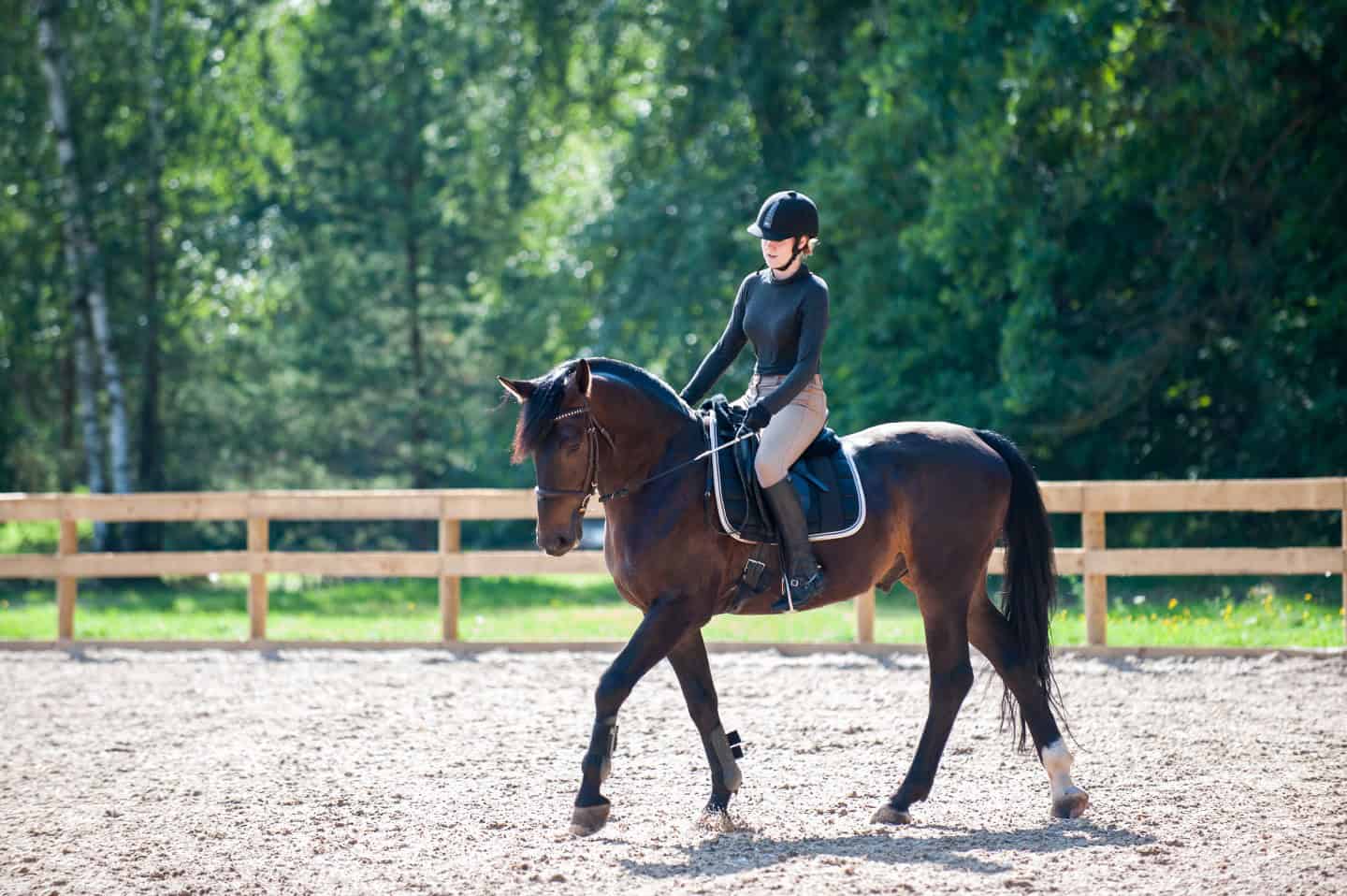
Accidents at horse riding schools
Horse riding is a popular hobby and sport in the UK but despite this, it does come with some risks irrespective of experience. Some of these are avoidable, but others can arise due to fault on the part of another person. Horse riding and equestrian accidents can occur in a variety of circumstances and the injuries sustained can be serious and life changing.
Learning to ride and the risks involved
Learning to ride is exciting and rewarding and for most, the journey starts at the local riding school. Horse riding is known to be a dangerous sport and you accept a level of risk when you get into the saddle.
Most horse riding accidents unfortunately cannot be prevented, but in some circumstances where the riding school or its staff have been careless, you may feel like more could have been done to ensure your safety. This could be where:
- You are given an unsuitable or unpredictable horse to ride.
- Poor instructions are given from riding instructors during a lesson or whilst on a hack.
- The equipment provided is unsuitable or defective.
- There is overcrowding in lessons.
- There are defects with the ménage or surfaces around the yard.
The main hazards associated with horse riding relate to falls and the consequence of injury. However, injuries may also occur through being kicked, bitten, or crushed against obstacles.
Duties and responsibilities of horse riding schools
The owner of a riding school has a duty of care towards clients who visit their premises to ride as well as to employees who may be exercising or training horses. This is likely to include a duty to:
- Take reasonable care to supply suitable horses.
- Provide appropriate and well maintained equipment.
- Provide adequate supervision and instruction.
- Provide suitable premises.
Employers are also under a statutory duty of care to ensure the health, safety and welfare of their employees.
In order to protect clients and employees, riding schools are required to comply with health and safety law. Risk assessments should be carried out, potential hazards identified, and precautions put in place such as yard rules and safety signs.
Other practical ways that a riding school can protect their clients can be through pre-assessment. Prior to a client’s first ride, a competent member of staff should assess their weight, height, age and riding ability to help ensure they are provided with a horse that meets their needs.
Clients should be advised about suitable clothing, particularly footwear. Most establishments supply hard hats for clients which should be of the relevant standard. Staff fitting hats should be suitably trained to do so.
One of the key safety controls is the competency of the riding instructor. Riding establishment licence guidelines state that a person must be at least 16. Ultimately, it is the responsibility of the person having control of the business to determine who is competent to teach, and to what level. Formal qualifications can assist when attempting to substantiate such decisions. Proprietors should ask to see certification, or check with the relevant certification body where not available.
On commencement of the lesson or hack, clients should be advised of the potential hazards and basic principles, such as how to safely approach horses and to be advised to follow instructions. Close supervision to enforce this is essential.
The quality and maintenance of the tack is also an important part of the management system. The areas prone to break or likely to rub or pinch are of importance, as breakage or discomfort may result in horses panicking and/or riders or handlers having less control or falling off.
A riding school’s liability
If you have been injured as a result of a horse riding school not providing appropriate safety measures, then you may be able to make a personal injury claim against the horse riding school.
If you are successful in making a personal injury claim against a horse riding school, you will receive compensation relating to any past or future financial losses and expenses incurred or likely to be incurred. You will also receive an award for pain, suffering and loss of amenity to compensate you for the physical and/or psychiatric injuries you have sustained.
What to do next
You should speak to a specialist personal injury solicitor about your accident, so an assessment can be made of the likely prospects of successfully making a claim. If you do have a claim and would like to pursue this, then they will be able to put your mind at rest in relation to the legal process and what will be expected of you as a Claimant. A successful legal claim could help you get your life back on track and may help prevent future accidents from occurring.










